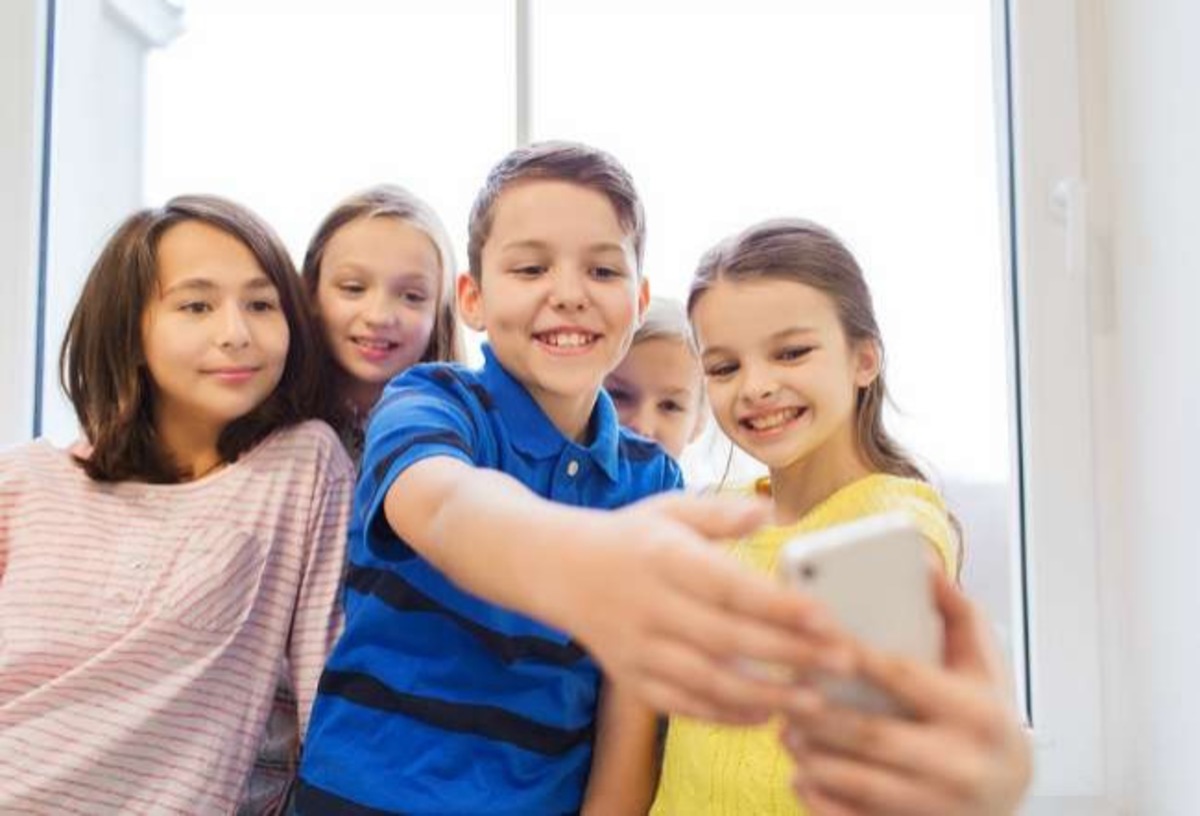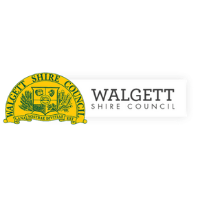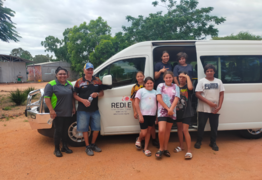Geographic isolation no guarantee of children's cyber safety
Laura Williams
27 February 2022, 7:31 AM
 Ms Downie believes that potential earnings will always overwhelm any social media company's willingness to protect children.
Ms Downie believes that potential earnings will always overwhelm any social media company's willingness to protect children. The Inquiry into Social Media and Online Safety has been extended, with industry experts pushing for more to be done from every angle to better protect children in the online world.
Parents in rural and remote areas, including those living on isolated stations and small villages, are being encouraged to consider the context for their children and how best to ensure they stay safe online.
Chief Executive of Stymie - An educational platform allowing students to anonymously report incidents or issues at school or in their life - Rachel Downie said that she is overwhelmed by how little parents understand about the dangers of the online world.
“I think one of the biggest things is that people still think of the internet as a thing and not a place…it’s surpassed being a tool, some people live most of their lives online. People have relationships in this place, we really need to start thinking about it from that perspective” Ms Downie said.
The consequences are confronting, with young children having access to material that parents wouldn’t allow in the offline world.
“Parents need to understand that kids are having sex online before they’re having sex in person. Parents think that kids watching pornography isn’t them having a sexual experience,” Ms Downie said.
During a recent visit to schools in Western NSW, Ms Downie recognised positives and negatives of being a child in more isolated areas, and what that does with their relationship to the online world.
“I found that it’s helpful when kids are isolated because it does help them connect to the wider world…but we hear a lot from boarding school parents that their kids have lived a very sheltered life and all of a sudden they’re one term into boarding school and seeing cyberbullying and relationships happen online,” she said.
The inquiry, tasked with investigating the range of harm that may be face by young Australians and assessing the effectiveness of the current precautions in place, has heard evidence from major industry bodies including Twitter and Tiktok, as well evidence suggesting that rural-based youth could be more susceptible to online dangers.
President of the Isolated Children’s Parents’ Association of Australia Alana Moller said that the circumstances of living in isolated areas mean that the context and necessity of the internet becomes completely different.
“For some rural and remote children, the internet is an essential tool through which they receive their education and some social media and online platforms can be used as efficient and effective tools within this education,” she said in her submission to the public hearing earlier this year.
While 13 is the average sign up age for various social media sites, Mrs Moller said that a lot of rural children attending boarding school can leave their home at as early as 11 years old.
“Therefore, the need for families, caregivers and boarding school staff to have resources and support to provide these children with the knowledge and tools to have a safe and positive experience online is imperative.”
“The challenges associated with attending boarding school cannot be overstated and the potential impacts of online harmful content or conduct on the mental health and wellbeing of these children need to be at the forefront. It is also imperative that these children’s families are supported with measures and tools appropriate to make meaningful decisions to keep their children safe online despite the unique circumstances they experience.”
In the past year, over 90,000 incidents have been anonymously reported from children or teenagers to Stymie - who then notify the school - which is a stark indication of improvements that need to be made.
With submissions on the inquiry reopened for interested parties to provide evidence by Tuesday, 8 March, the committee is interested in hearing from young people on their experiences with social media and online safety, and their perspective on how online harms might be addressed.
If you require assistance, please contact:
- the office of the eSafety Commissioner,
- 1800 RESPECT [1800 737 732],
- Lifeline [131 114] or
- Kids Helpline [1800 55 1800]




